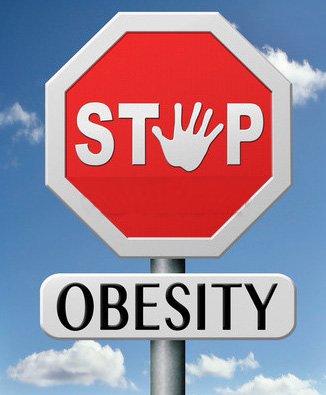
What is Metabolism?
Your body converts food into energy by the process that is your metabolism. The energy that your body needs to function is produced by calories combined with oxygen. Your total energy expenditure is the number of calories your body burns each day. Here is what makes up your total body energy expenditure;
- Your basic functions are covered by your basic metabolic rate. The basics are growing and repairing cells, adjusting hormone levels, circulating blood, breathing and fuel for organs. This is the largest portion of energy used as it takes up two thirds to three quarters of your daily calories. This remains quite consistent for the basics needed.
- A further 10% of your daily calories is used by storing, transporting, absorbing and digesting your food. Similarly to your basic needs, your body’s requirement to process food stays quite consistent throughout the day.
- The remainder of calories used are taken up doing physical activity such as going for a walk, playing sports or any other movement. These calories burnt can be controlled depending on how intense and frequent these activities are.
Some people might think that unwanted weight gain is the direct result of having a slower metabolism, when in fact it is unlikely that they are directly related. A common reason for weight gain is an energy imbalance, where you are consulting more calories than your body burns. So, what you need to do to lose weight in this instance is to eat fewer calories and do more physical activity to burn more calories.
There are many different things that influence how many calories you require, such as the size of your body, your age and sex. You see, a larger body requires more energy and therefore more calories than a smaller body does. Muscle burns more calories and fat, so the more muscle and less fat you have the higher your metabolic rate will be. As your age increases your muscle mass decreases, and more of your weight is accounted for by fat. Also, the older you get the slower your metabolism becomes, so your calorie needs become reduced.
Related Links
Leave A Comment